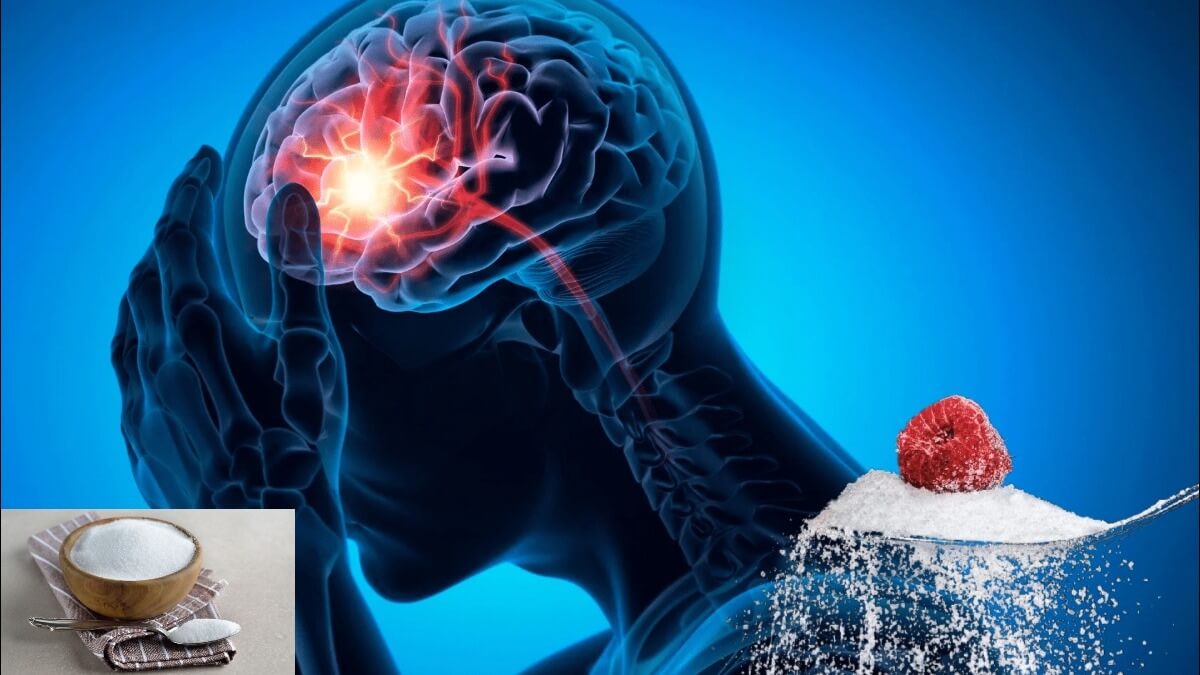Artificial sweeteners have long been promoted as a healthier alternative to sugar, helping people cut calories and manage diabetes. But recent research has uncovered a concerning link between a popular sugar substitute and brain cell damage, raising alarm among scientists and health professionals.
Let’s break down the findings, understand the risks, and explore what this means for your health.
The Sweetener in Question
The spotlight is currently on sucralose, a widely used artificial sweetener found in products like Splenda, diet sodas, sugar-free desserts, protein powders, and even toothpaste. Marketed as a zero-calorie option, sucralose has been a go-to for those trying to lose weight or control blood sugar levels.
But a recent peer-reviewed study, published in a respected medical journal, has raised new concerns about its neurotoxic effects.
What the Research Shows
In this study, researchers exposed human-derived brain cell cultures to small amounts of sucralose and observed cellular stress responses, inflammation, and signs of oxidative damage. Over time, the exposed brain cells began to show:
- Reduced communication between neurons
- Damaged synaptic structures
- Impaired energy production
- Accelerated cell death
According to Dr. Emily Carter, a neuroscientist involved in the research, “The data strongly suggest that even low levels of sucralose can trigger stress responses in brain cells, potentially leading to long-term neurological issues.”
How Could This Affect You?
While the study was conducted in vitro (in a lab environment), its implications are serious. If sucralose has similar effects in the human brain, it could contribute to:
- Memory loss
- Mood disorders
- Cognitive decline
- Increased risk of neurodegenerative diseases like Alzheimer’s
And because sucralose is present in thousands of “sugar-free” products, the risk of daily exposure is high — especially among people who consume diet beverages or follow low-carb diets.
Not the First Red Flag
Sucralose has already faced criticism in the past for potential risks including:
- Gut microbiome disruption
- Insulin response interference
- Increased cancer risk (in animal studies)
This new research adds brain health to the growing list of concerns, making it harder for regulators and food safety experts to ignore.
Expert Advice: What You Can Do
Until more human-based research confirms or refutes these findings, health experts recommend:
- Limiting consumption of artificial sweeteners
- Reading ingredient labels carefully
- Opting for natural alternatives like stevia, honey (in moderation), or monk fruit
- Focusing on whole foods and avoiding ultra-processed diet products
Dr. Carter adds, “The occasional use of sucralose may not cause harm, but chronic exposure is what we’re worried about.”
Conclusion
While artificial sweeteners have been marketed as safe and beneficial, emerging research like this reminds us to stay informed and skeptical of what’s labeled as “healthy.” Until more conclusive studies are conducted on humans, the safest choice may be to moderate your intake of sucralose and other synthetic sweeteners.
Your brain health is worth protecting — even if it means giving up a little sweetness.

